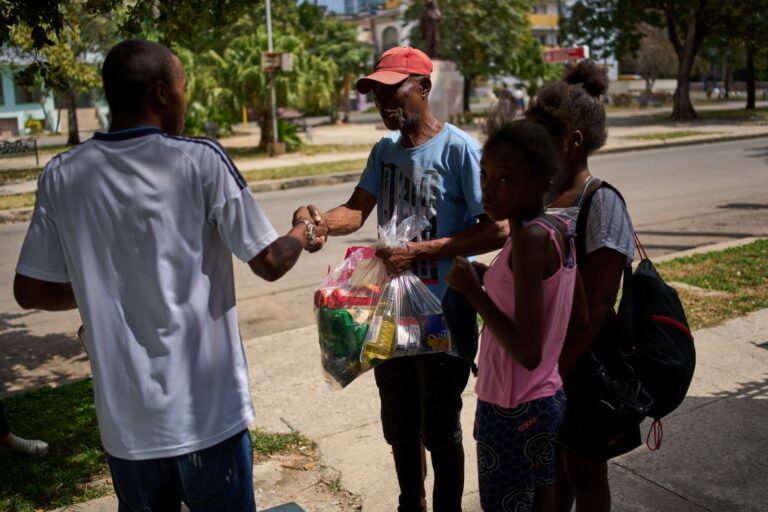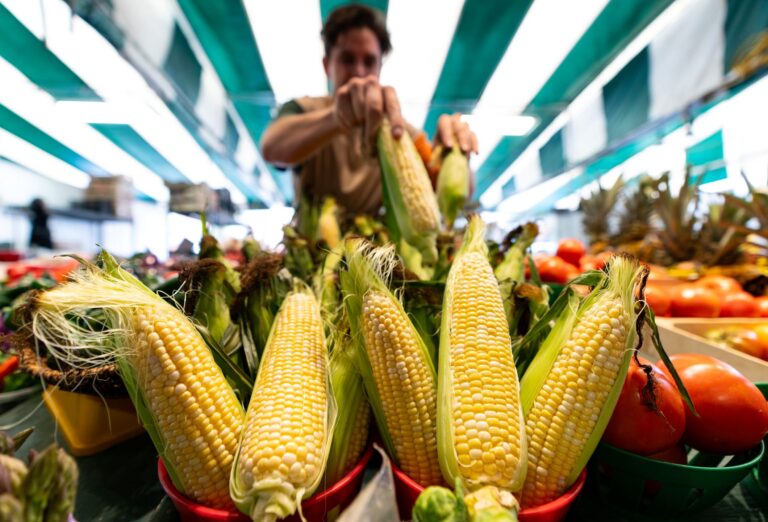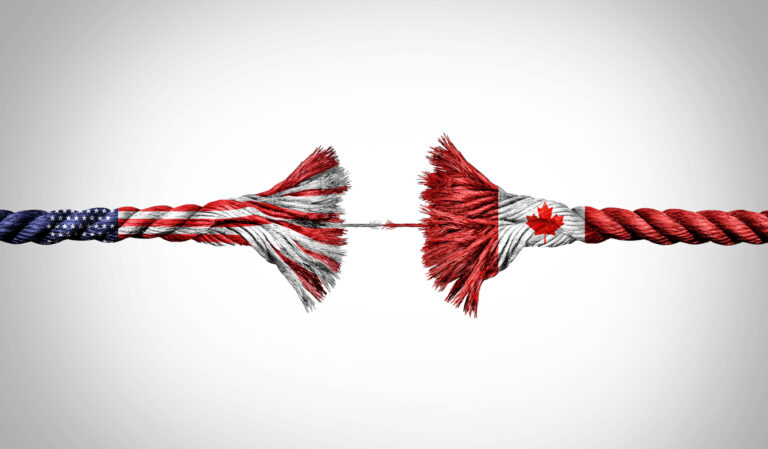Today, the IRPP released a new commentary, written by Joy Nott (President of the Canadian Importers and Exporters Association — I.E.Canada), as part of our forthcoming research volume, Redesigning Canadian Trade Policies for New Global Realities.
Joy Nott argues that Canada should implement policies and procedures that make it easier for companies to do business in, and with, Canada. As Jacques Roy shows in his chapter on transportation, Canadian businesses generally are not as concerned with clearance times at border crossings, ports and airports as they are with what happens “behind the border.”
Canadian traders want policymakers to pay more attention to the potentially negative impact that import procedures can have after goods have cleared customs. Nott describes this as the “supply chain echo” — whereby imports can be affected by trade policies, procedures and penalties long after goods have cleared customs and crossed borders.
This matters because Canadian firms are increasingly importing in order to export. In Canada’s manufacturing sector, for instance, about one-third of firms are two-way traders — due to the fact that the technologically-advanced goods that we export often require imported inputs.
Much of the thinking in Canadian trade policy, Nott says, mistakenly presumes that the supply chain ends with customs clearance. In reality, the red tape that occurs after firms import is a tangled web of regulations that can feel overwhelming for many Canadian businesses that trade internationally.
Changes to Canada’s policy thinking could significantly improve the global competitiveness of Canadian firms. Policymakers need to be aware of the unintended supply chain echo, and to take steps to mitigate its negative effects on businesses. Nott recommends that Canada’s import and export portfolios be merged under one ministry. And in our approach to designing regulations and reducing red tape, we should not necessarily seek fewer rules, but work toward simpler ones with more consistent outcomes. With these changes, she says that Canadian trade policy would better support our international traders — both exporters and importers — for the highly competitive global business environment of the twenty-first century.
You can read the full commentary here.










